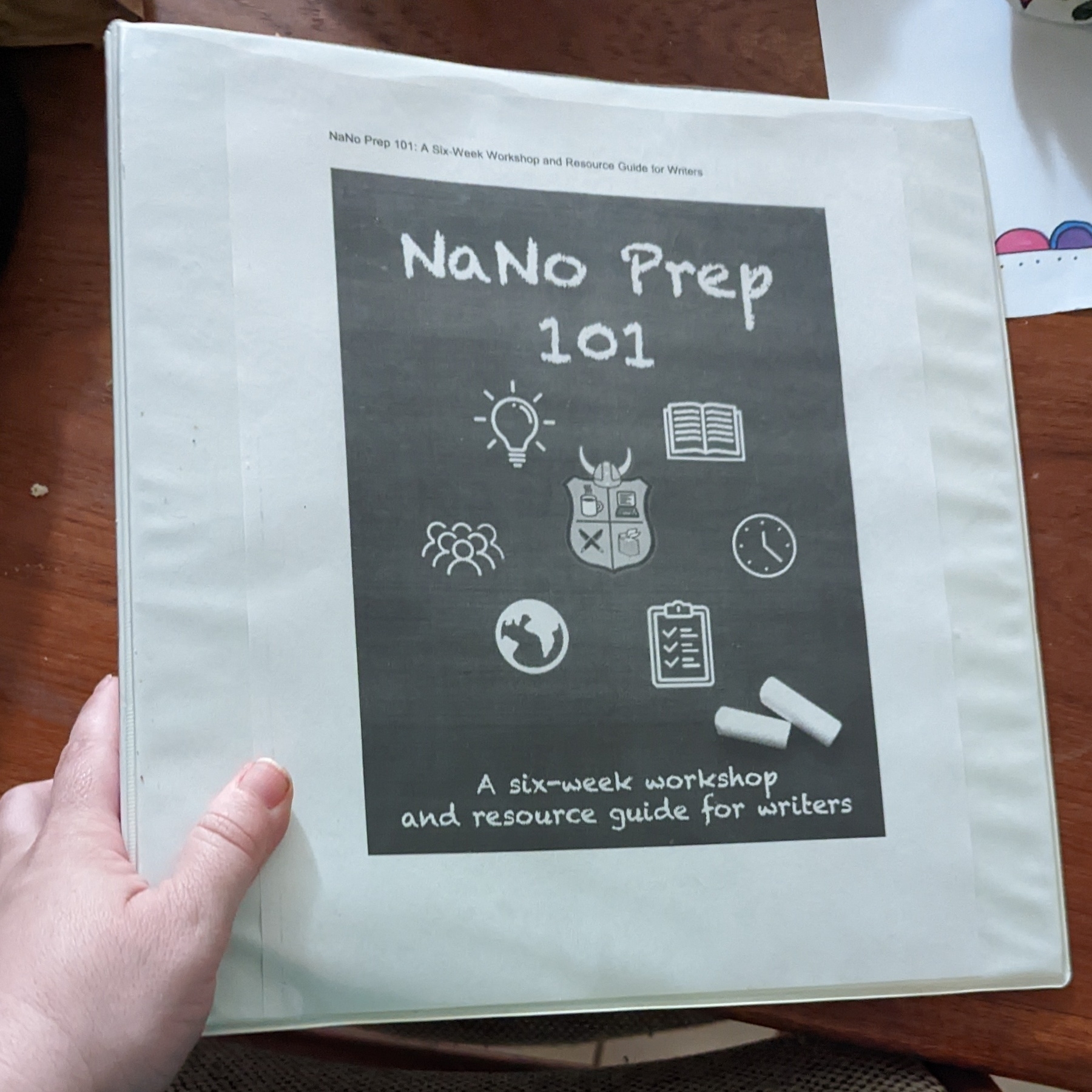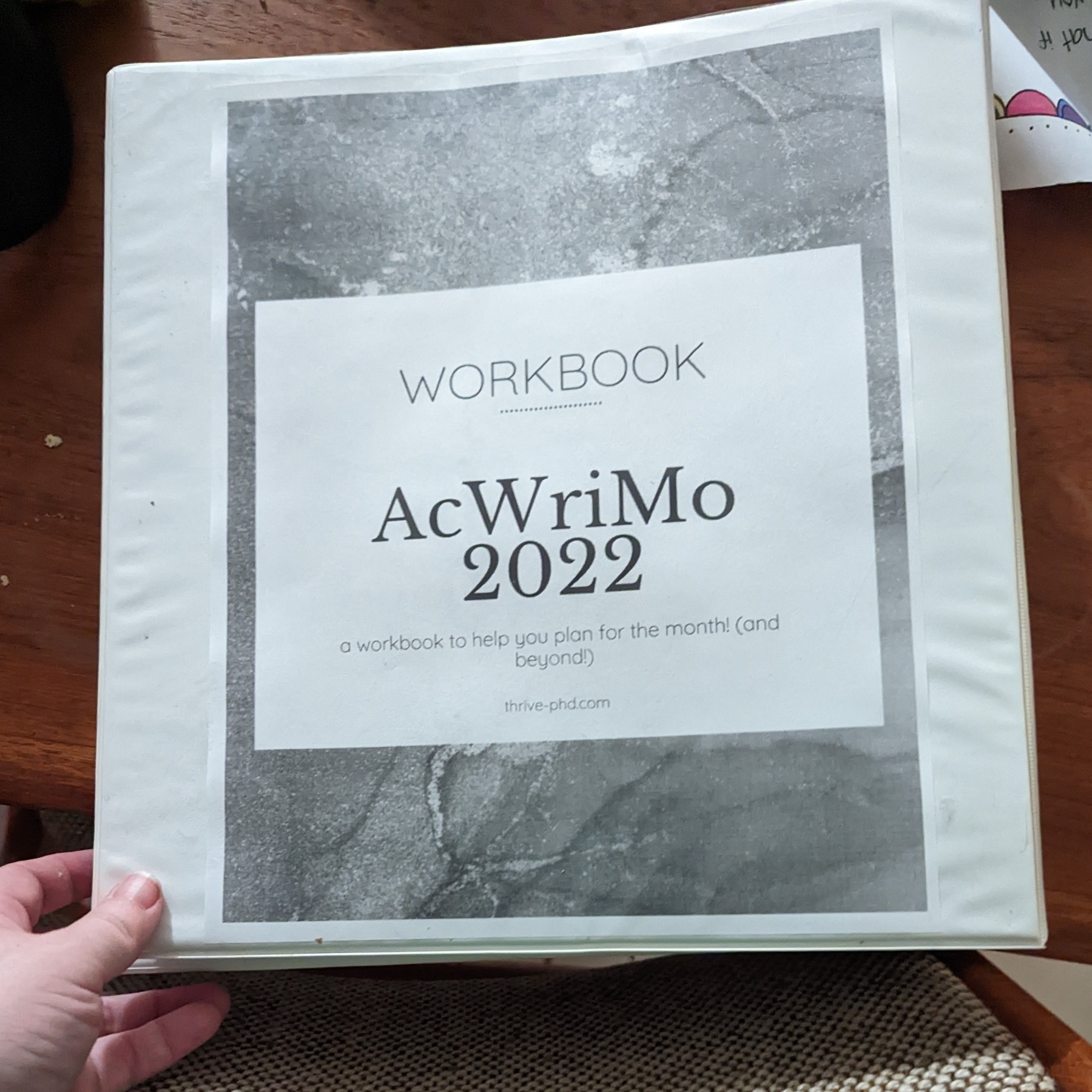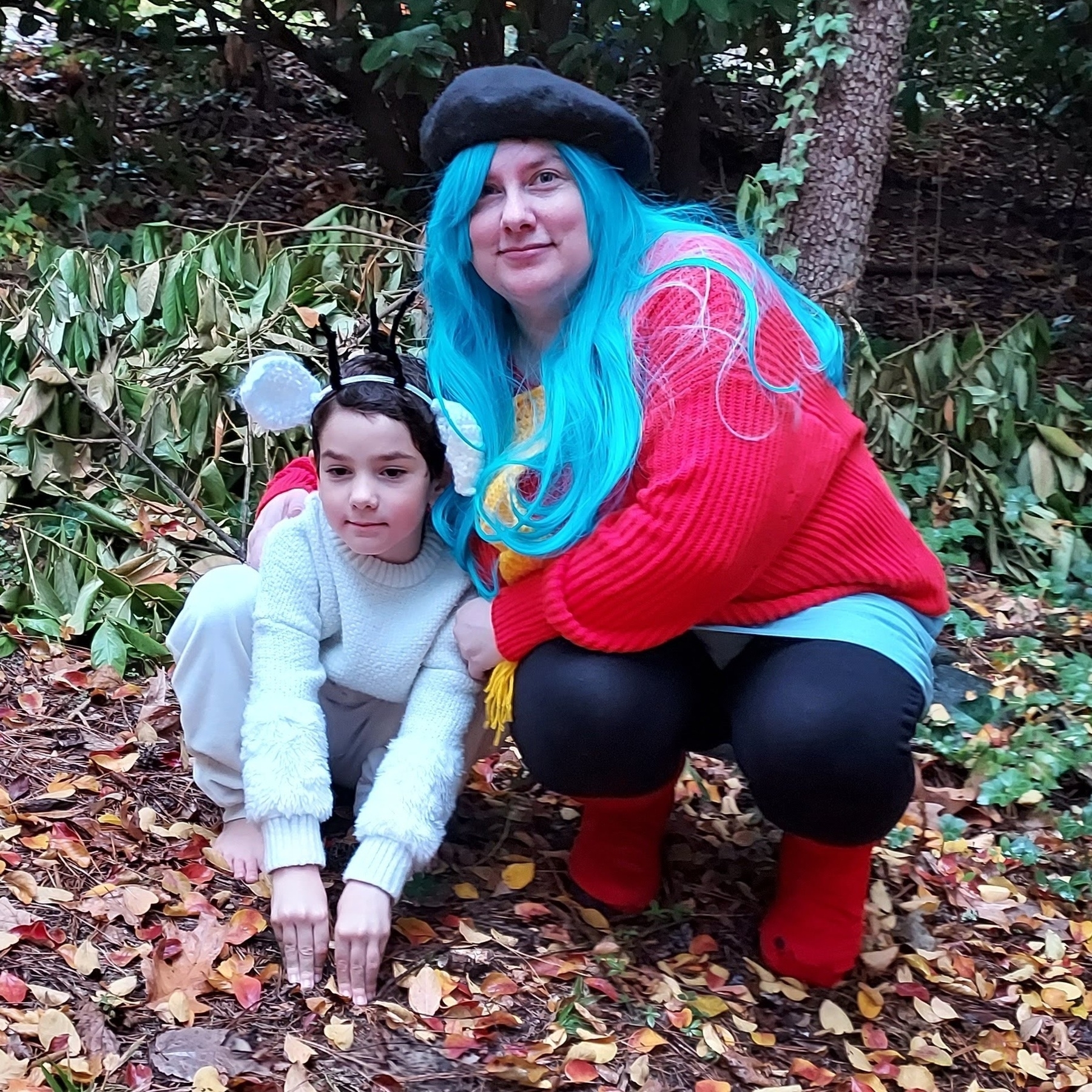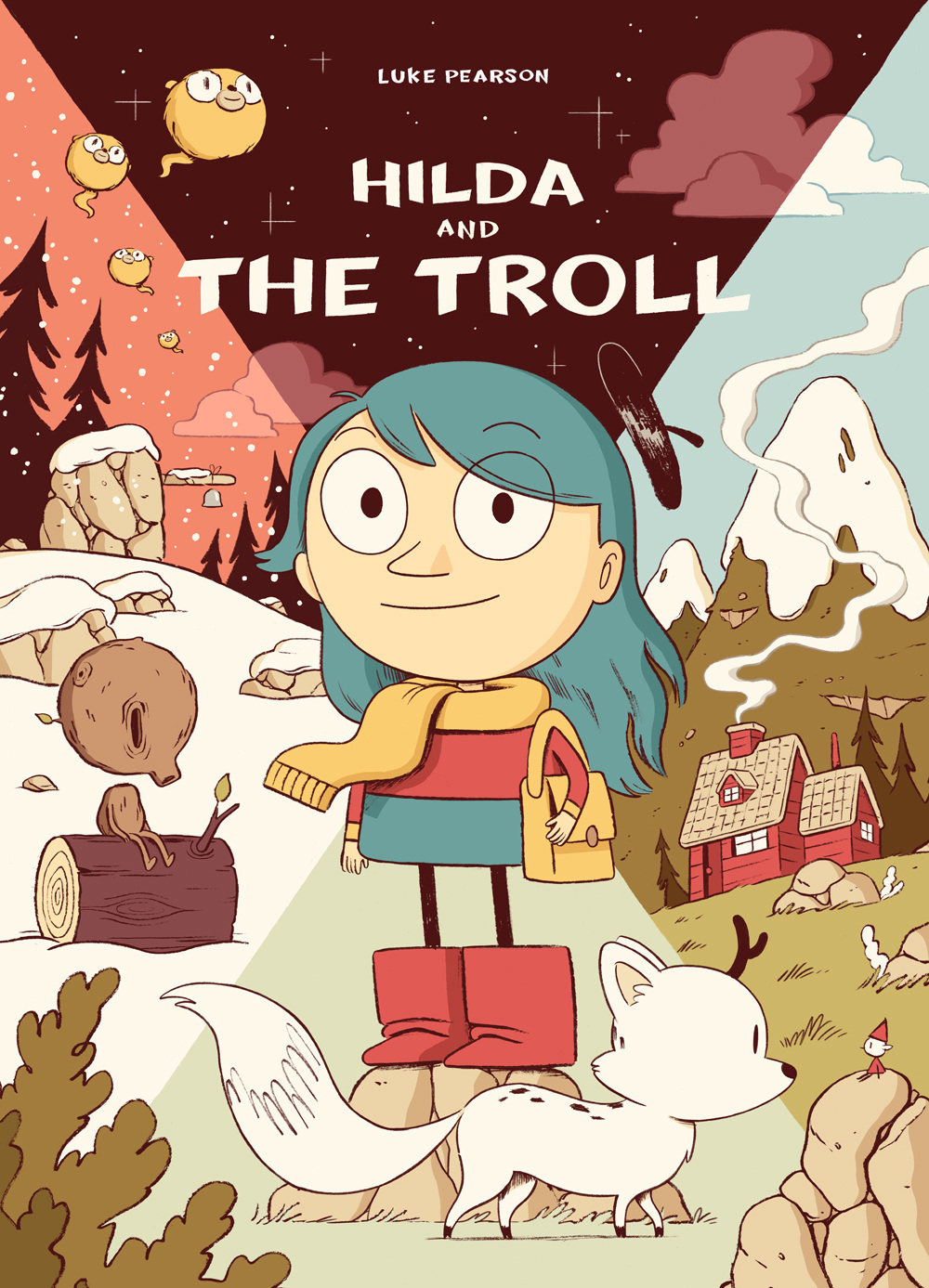Still in the prep stages for this month’s writing projects. I created a reversible notebook to hold workbooks for both.


Still in the prep stages for this month’s writing projects. I created a reversible notebook to hold workbooks for both.


The world is full of writing challenges in November, and it’s rough because I want to do them all. Might try my usual method of attempting everything and seeing what sticks.
Happy Halloween from Hilda and Twig!


The Gothic novel to Broadway musical pipeline 🖤
Want to get your own website going but need some info on how? Check out getblogging.org.
One last fic prompt from when M was 3: Spider-Man and Michelangelo team up to defeat Dormammu.
Another fic prompt from when M was 3: In “The Green Ribbon,” Jenny tells Alfred that she just likes the green ribbon and that’s why she wears it all the time. And then she takes it off and her head stays attached to her body.
Fic prompt from when M was 3: in The Velveteen Rabbit but at the end, not only does the Velveteen rabbit become real, but also the boy and his parents become rabbits, and then they all hang out together.
I’m not going to spend a lot of time scrolling Mastodon, but I’m set up to cross-post from my blog there (just like I do with Twitter) so if you’re moving your web social activity there, you can follow me @kimberlyhirsh@mastodon.social to see my stuff. I’ll check notifications.
If you’re in/near Glasgow and the mother of a child who’s under a year old, check out the New Mothers Writing Circle.